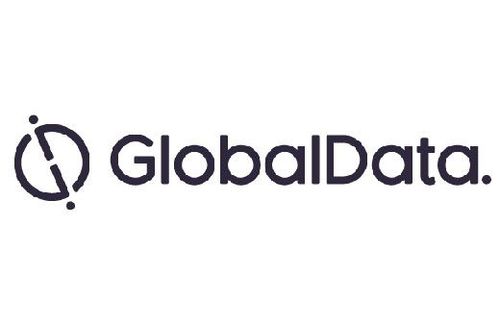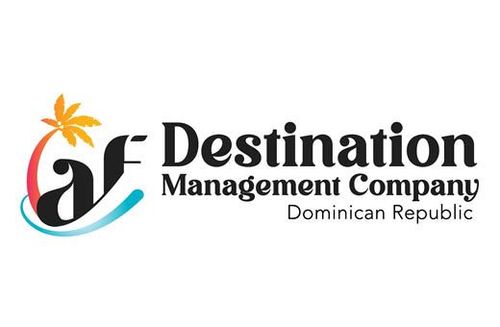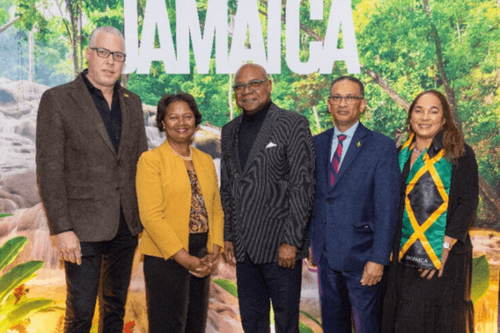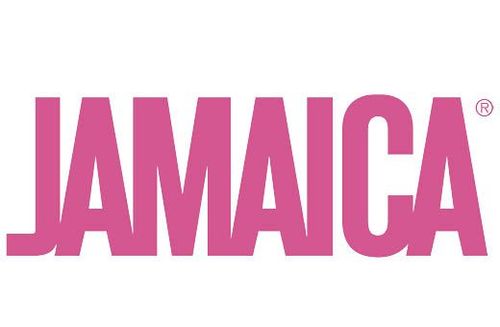Where travel agents earn, learn and save!
News / Vaccine skepticism should not be ignored in US outbound travel recovery, says GlobalData
Vaccine skepticism coupled with COVID-19 concerns will continue to affect US outbound travel recovery in 2021 and potentially 2022
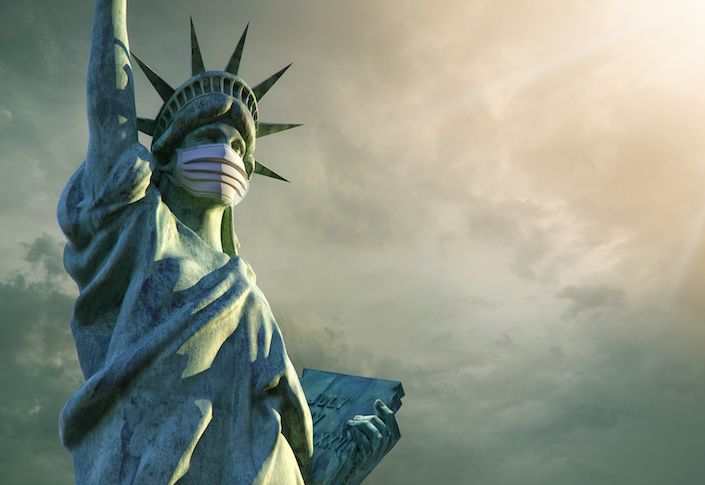
May 4 - Vaccine skepticism coupled with COVID-19 concerns will continue to affect US outbound travel recovery in 2021 and potentially 2022, says GlobalData, a leading data and analytics company.
COVID-19 concerns are high in the US. According to GlobalData’s Q1 2021 consumer survey, 52% of US respondents stated they were ‘extremely concerned’ about the impact of the COVID-19 pandemic in general, which is 10% higher than the global average. However, GlobalData’s Live Verdict Poll found that 23% of respondents in North America did not intend to take a vaccine against COVID-19. This was higher than any other region and suggests that a large proportion of the US population may not be vaccinated by this summer as hoped. Although 40% stated that they have already had a vaccination, those refusing to do so will affect outbound tourism recovery.
Johanna Bonhill-Smith, Travel & Tourism Analyst at GlobalData, comments: “The rate at which a population is being vaccinated is expected to be a key driver of how quickly individuals will travel, but vaccine skepticism is currently being overlooked.”

North America shows mixed responses from individuals across the US, Canada and Mexico, but vaccine skepticism has been seen in the US in the past. The US is the leader in terms of total vaccinations globally, however, it has lost its position in the top ten countries globally in the vaccination rate per 1,000 population, according to GlobalData. As it stands, 27.1% of its population is fully vaccinated, but with 23% expressing vaccine hesitancy, outbound recovery from the US could be slowed.
Bonhill-Smith continues: “The US has had one of the fastest rollouts of COVID-19 vaccinations worldwide. Its success has likely been led by those individuals who are eager to be inoculated against infection. The speed at which vaccinations have been rolled out, however, may not be sustained as many are skeptical of any form of COVID-19 treatment. This could be due to a myriad of reasons involving mistrust and general reluctance to have anything enforced. Therefore, the success of the vaccination program may slow and further delay US outbound travel.”
News of an opening of travel between the US and Europe has recently emerged. Europe welcomed 35.3 million arrivals from the US in 2019 and the US features regularly in the top ten inbound source markets for individual European destinations. Outbound travel from the US to Europe declined 75.3% year-on-year (YoY) in 2020, according to GlobalData. Therefore, the resumption of travel will be welcomed by destinations that are heavily reliant on US tourists such as Italy, Germany, France and Spain.
Bonhill-Smith adds: “Arrangements like a ‘travel agreement’, ‘corridor’, ‘travel bubble’ or ‘air bridge’ however is never certain. Worldwide, agreements have been forming between destinations which are then later revoked or postponed due to an outbreak of COVID-19 or the spread of new variants. Demonstrable examples include Hong Kong-Singapore and Australia-New Zealand. The news of some form of agreement developing for summer 2021 provides hope but should be treated with caution as there are still numerous barriers.”
More Travel News:
New wave of COVID-19 infection threatens Costa Rica tourist revival
Star Wars: Galactic Starcruiser launches in 2022 at Walt Disney World Resort
Puerto Vallarta leads Mexico’s tourism recovery of beach destinations
American Express Global Business Travel agrees to acquire Egencia from Expedia Group



